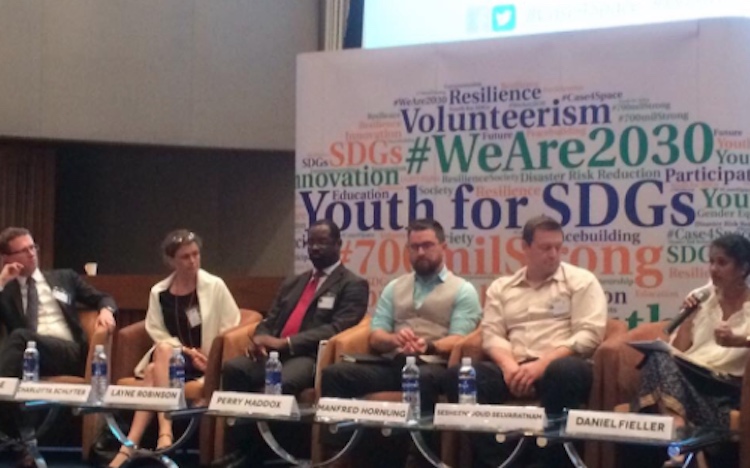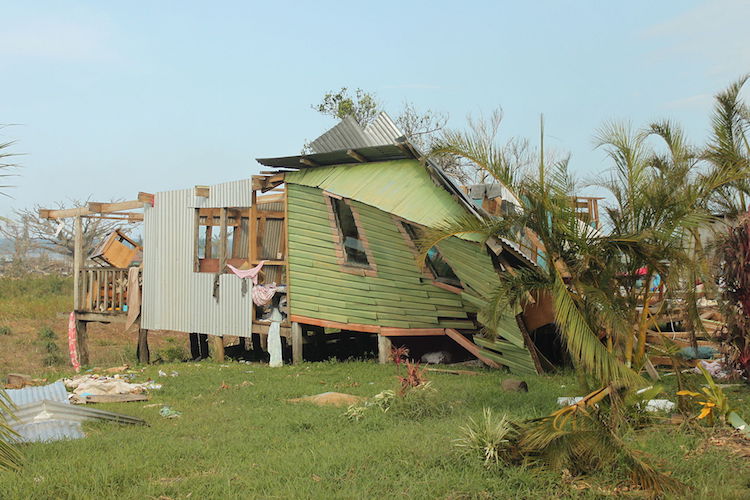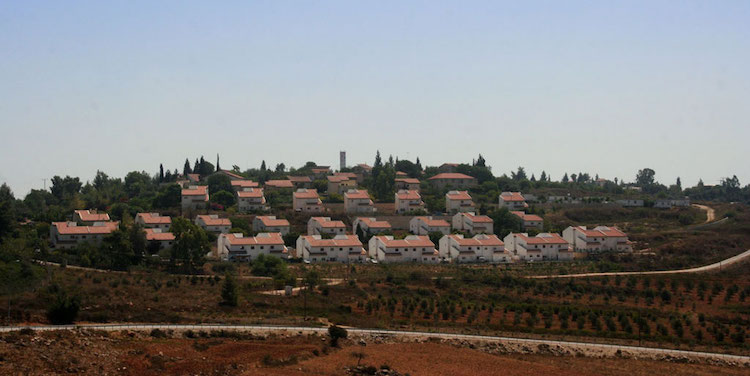By Jaya Ramachandran
BERLIN | VIENNA (IDN) – Almost a third of all humans traded around the world for the purpose of sexual slavery, forced labour, or commercial sexual exploitation are children, and women and girls comprise 71 per cent of the victims of “human trafficking”, according to a new report by the United Nations Office on Drugs and Crime (UNODC).
The 2016 UNODC Global Report on Trafficking in Persons is the third of its kind mandated by the General Assembly through the 2010 United Nations Global Plan of Action to Combat Trafficking in Persons.


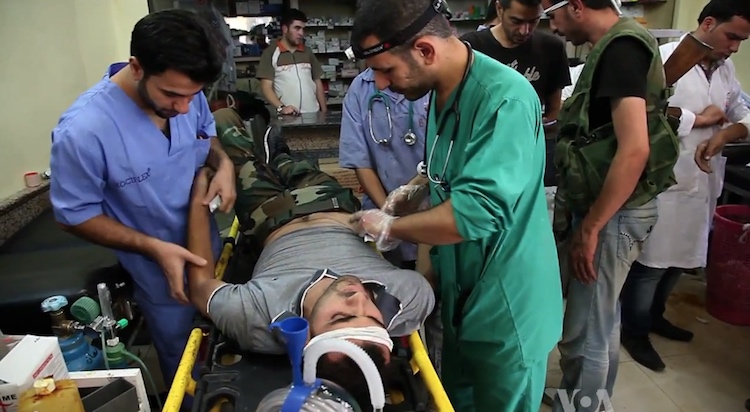
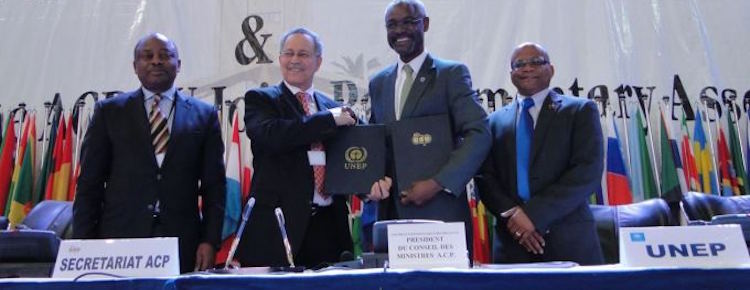

 COLOMBO (IDN) – It was perhaps the biggest Sri Lanka related news story of the year that is about to end. It should have been picked up by the international media but unsurprisingly it wasn’t. More shocking however is that it made to the local media but the biggest news was not focused on. There has not been, for instance, a single editorial on it or feature spun off from it.
COLOMBO (IDN) – It was perhaps the biggest Sri Lanka related news story of the year that is about to end. It should have been picked up by the international media but unsurprisingly it wasn’t. More shocking however is that it made to the local media but the biggest news was not focused on. There has not been, for instance, a single editorial on it or feature spun off from it. 


